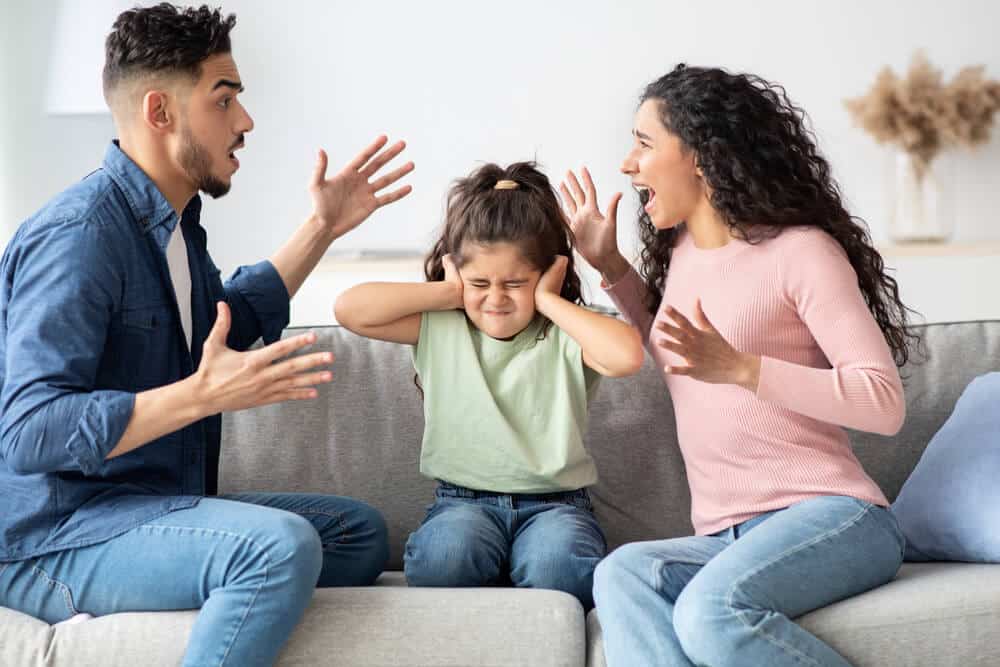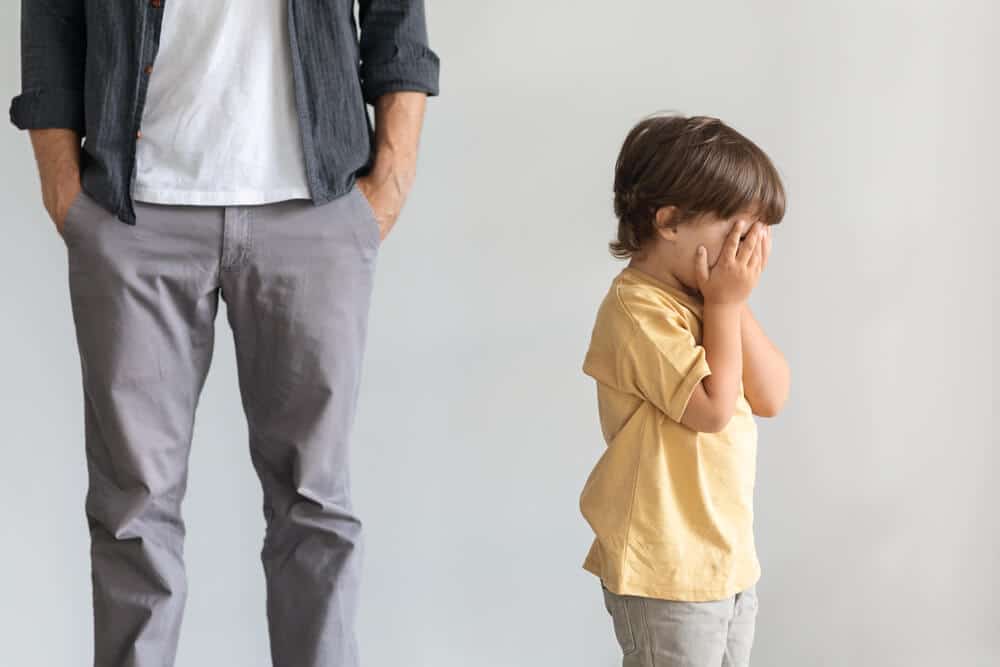Traumatic events, unfortunately, can happen to anyone at any time. It can leave one scared, panicked, and full of anxiety when it is taking place and sometimes can impact the way a person processes future events based on the impact it had on them. Childhood trauma can be described as a dangerous, violent, and even life-threatening event. Most traumatic events can be processed correctly and dealt with, but all trauma is not created equal. Different factors can significantly impact how the trauma is handled, and adults with traumatic childhoods can continue dealing with the repercussions throughout their lives.
Adults with traumatic childhoods can be more susceptible to mental health conditions or addiction, depending on the trauma they experience. This is one of the reasons that it is important to resolve trauma that has not been processed correctly to prevent it from having an impact on future interactions and decisions in one’s life. Finding help is easy, but taking the first step rather than avoiding feelings can be tricky. So, let’s dive into childhood trauma and how it can affect a person in their adult life.

What Is Considered Childhood Trauma?
Childhood trauma is any adverse event that is experienced early in life. This can be experienced through neglect or violence, whether inflicted or witnessed and also through the child’s environment due to it being unstable or unsafe. However, there are multiple forms of trauma as well. Acute, chronic, and complex are all different forms. Acute experiences are usually one-off, a distressing event that happens like a death or an accident. Neglect and abuse are in the chronic category due to them being repeated and prolonged. Complex trauma can be defined as exposure to multiple traumatic events. Some of the examples of the many different forms of childhood trauma include:
- Abuse: This can be physical, emotional, or sexual.
- Neglect: Failing to meet basic needs like food and shelter or having parents who are emotionally unavailable.
- Dysfunctional household: This can be from substance abuse at home to parental separation, anything that can disrupt the household.
- Abandonment or loss: This can be from the abandonment of a parent/parents or a death.
There are many more forms of trauma that a child can experience. However, how it is processed can lead to the child growing into an adult, suffering from the impact the trauma had on them.
Mental Health Treatment That Works
What Are the Symptoms of Childhood Trauma in Adults?
For adults with traumatic childhoods, living their lives can prove to be more challenging than someone who experienced little to no trauma. With that said, not all trauma a child experiences will develop into future issues. As previously reviewed, some trauma can be due to something unavoidable, like the death of a loved one. However, other traumatic events like abuse or parents dealing with substance abuse can and will most likely turn into concerns for a person as they reach adulthood.
Emotional Symptoms
These symptoms can come in the way of chronic anxiety, fear, or depression, coming from a sense of worthlessness and insecurity. Mood swings, harsh self-criticism, feelings of shame, and difficulty regulating emotions can also be experienced by adults with traumatic childhoods. There can also be trust issues from years of neglect, making it difficult to cultivate new and stronger relationships.
Physical Symptoms
Physical symptoms result from the body’s stress response being prolonged. This can result in muscle tension, fatigue, and headaches. Some may even develop IBS and insomnia. In the long term, heart disease and high blood pressure are risks.
Behavioral and Psychological Symptoms
Psychological symptoms can be seen in the form of chronic anxiety, low self-esteem, and feelings of shame and guilt. Behavioral symptoms can be in the form of avoidance, people-pleasing, and in some cases, substance abuse. These intertwined symptoms can greatly impact how someone will go through life in the future.

What Does Unhealed Childhood Trauma Look Like?
Childhood trauma can come in many different ways. It can be intentional or unintentional. It can be acute and happen once or be prolonged. It can then manifest in many different symptoms, affecting the mind and the body. The person can be left feeling worthless and not good enough. They can turn to substance abuse and other unacceptable behaviors. In a study by the journal Brain, Behavior, and Immunity, the 2,100 participants involved showed that the risk of health problems in both men and women increased based on the amount of childhood stress they endured. Within it, metabolism affected women more, but emotions and neglect significantly impacted men.
The important thing is to seek help to work through these events to heal from trauma. This can help one resolve the issue and start the path to recovery. If they neglect to seek assistance, the body and mind can feel the outcome.
How Do I Figure Out What My Childhood Trauma Is?
For adults with traumatic childhoods, figuring out what it is can be very difficult. It involves
Self-reflection and exploring one’s past experiences. Noticing the patterns in your emotions, reactions, relationships, and coping mechanisms can be a first step to seeing if you have been affected by childhood trauma. See how you feel physically. Is there a lot of anxiety when thinking about your childhood or specific memories? However, all of these exercises and self-awareness tactics may not get you to the point of figuring out your own childhood trauma.
Speaking with a mental health therapist will allow you to gain a deeper understanding of the trauma you faced and a safe place to dissect how it made you feel and how to process it. A therapist can make you feel more able to open up and face the issues that may have plagued your childhood. The trauma can be addressed through exercises and talk therapy and the healing can begin.
Find Help for Adults With Traumatic Childhoods at Moment of Clarity
Rose-tinted glasses are a phrase we hear when referring to making something to be better than it was. Looking at our past, it is easy to get muddied up in pleasant memories or get lost in nostalgia. It is also easy to avoid tough times. To take the traumatic events that may have happened and just pretend it was part of “growing up.” The truth is, any traumatic event should not just be accepted. These acute, chronic, or complex events must be explored. The impact that is made by a traumatic event can shape a person’s life and dictate how future decisions will be made. The ability to revisit these instances and pick them apart should never be seen as a bad thing but rather as an opportunity to explore one’s past.
Moment of Clarity offers outpatient mental health treatment in Santa Ana, California for all types of mental health conditions, including trauma. Reach out to Moment of Clarity at 949-625-0564 today and find help if you feel a traumatic event from your childhood is impacting your mental health.
External Sources
- University of Rochester Medical Center: Childhood trauma can lead to physical and mental struggles later in life
- U.S. News: Childhood Trauma Can Raise Health Risks for a Lifetime




